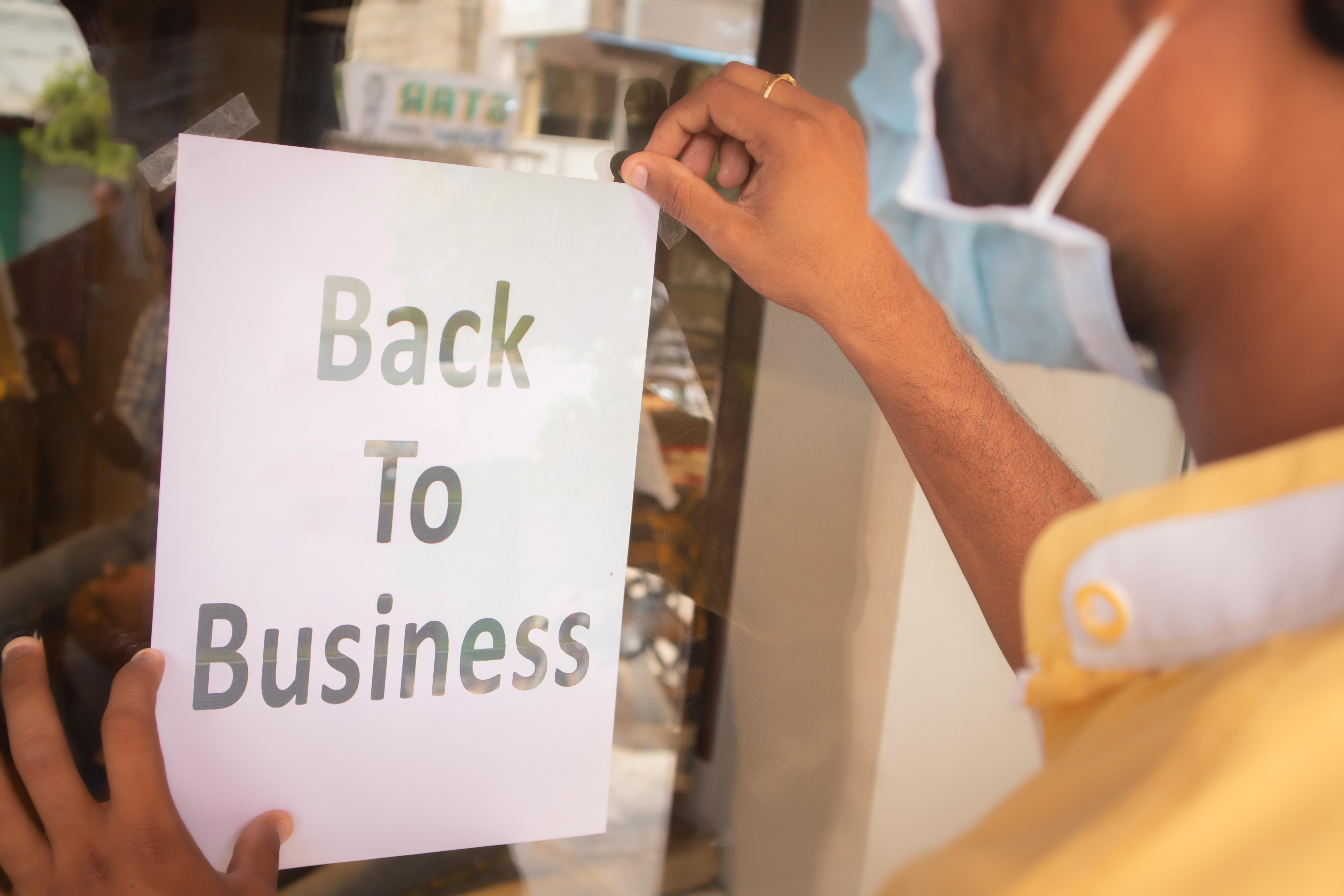

How To Ask Customers for Help — and Actually Get It
New research offers a blueprint for customer crowdfunding during a crisis.
Based on research by Yiangos Papanastasiou, Shuang Xiao (Zhongnan University of Economics and Law) and S. Alex Yang (London Business School)
Key findings:
- During a crisis, customers are more likely to pre-pay for services if they care deeply about the business.
- For firms under high financial distress, customers are more likely to purchase future services when businesses have a funding deadline and a pay-later option.
- For firms under moderate distress, a hybrid approach of small loans and pre-sales can help keep things running.
The COVID-19 pandemic hit small businesses hard. Sales plummeted. But fixed costs like rent, payroll and repairs kept coming — pushing many companies to the brink of bankruptcy.
One creative solution was advance selling: i.e., “pay now, enjoy later.” Restaurants, salons, dry cleaners and other small businesses asked loyal customers to purchase services months in advance, providing immediate cash to stay afloat. In return, customers preserved access to the businesses they valued.
In Germany, for example, the nonprofit initiative “Pay Now Eat Later” sold meal vouchers redeemable post-lockdown. India’s “Rise for Restaurants” offered future-use discounts. And U.S. business owners turned to crowdfunding sites like GoFundMe and Kickstarter to cover salaries and expenses. (Many of these platforms use an all-or-nothing rule: If the funding goal isn’t met, no one is charged.)
Not all advance-selling plans look alike. Some charged full price up front, while others asked for partial payments or promised future discounts. Some owners simply asked for help with no offered reward at all.
Understanding which of these models works best can help small business owners, banks and policymakers prepare for future crises. The question is: Can this type of campaign truly improve a firm’s financial outlook? If so, which version of advance selling most effectively keeps a struggling firm alive and profitable?

For Firms in High Distress:
An All-or-Nothing Approach
A new paper in the journal Management Science, co-authored by Rice Business associate professor of operations management Yiangos Papanastasiou — along with Shuang Xiao (London Business School) and S. Alex Yang (Zhongnan University of Economics and Law) — updates a classic economics model that examines what happens when a struggling firm seeks a bank loan. To study the impact of advance selling, the researchers added the option for a firm to launch an advance-selling campaign, either alongside or instead of borrowing.
They found that a classic advance-selling strategy — where customers pay full price upfront — can be a lifeline for businesses in severe financial distress (meaning they cannot secure a loan), but only under certain conditions. The strategy works best when customers place a high value on the firm’s services.
Even then, the model reveals some risks. Customers may “free-ride,” waiting to see if others contribute before stepping in. And once funding is secured, some firms may be tempted to cut corners or deliver services less enthusiastically. These potential drawbacks can limit the effectiveness of even well-intentioned advance-selling campaigns.
So, what happens when classic advance selling falls short? The researchers identified two alternatives that tend to work better for firms in deep financial trouble.
First, campaigns with an “all-or-nothing” clause — where businesses receive funds only if they hit their full funding goal by a set deadline — tend to perform more successfully overall. Second, a two-part payment method, where customers buy a discounted coupon now and pay the rest later, can also boost participation.
“The two-part payment system can really help ease consumers’ concerns about whether the firm will follow through on its promises,” says Papanastasiou. “It makes customers more willing to take part.”
In most high-distress scenarios, the all-or-nothing approach is the most effective — unless the business has a strong incentive to behave irresponsibly and customer enthusiasm is lukewarm. In those cases, offering discounts or simply requesting donations may be a better bet. These options feel lower-risk to consumers while still providing critical support to the firm.

For Firms in Moderate Distress:
A Hybrid Approach
Businesses in moderate distress face a different challenge. They can usually qualify for a loan, but only at high interest rates — making borrowing expensive.
In these cases, classic advance selling rarely works. Customers know the business still has access to credit, so they’re less motivated to pre-pay. All-or-nothing campaigns and two-part payment plans, when used on their own, also fall flat, Papanastasiou says.
What does work is a hybrid strategy: combining an all-or-nothing rule with a two-part payment — customers buy a discount coupon now and pay the rest later. When paired with limited bank financing, this approach can increase participation and reduce the amount the firm needs to borrow.
And in a surprising twist, businesses in moderate to severe financial distress may actually come out ahead — if they implement the right advance-selling strategy. “These more distressed businesses can turn their situation into a strength,” says Papanastasiou. “They can attract more customer support and significantly reduce the need for costly borrowing — sometimes earning higher profits than firms that were in a better position to begin with.”
The research from Papanastasiou and his colleagues opens the door for future work related to crowdfunding platforms, information asymmetry and government interventions like paycheck protection programs, which may influence how businesses, banks and consumers interact during times of crisis. Expanding their model could help better explore how policies and more complex forms of aid might alter the dynamics of advance selling and firm survival.
Written by Deborah Lynn Blumberg

Papanastasiou, Xiao and Yang, “Advance Selling to Ease Financial Distress,” Management Science 71.4 (2025): 3052-3105. https://doi.org/10.1287/mnsc.2020.03904.
Never Miss A Story



